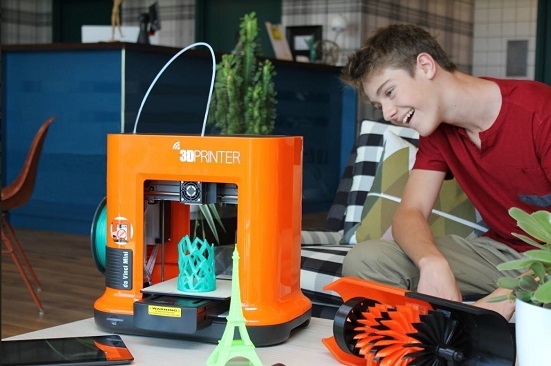 In 1963 the Easy-Bake Oven was introduced to the market, quickly becoming one of the most popular household toys for young children. This toy enabled children e to experience the feeling of accomplishment from making products from scratch, just like their parents. Not only did it build confidence in children from learning to creating something on their own, but also taught them the fundamentals of cooking to prepare them for their future.
In 1963 the Easy-Bake Oven was introduced to the market, quickly becoming one of the most popular household toys for young children. This toy enabled children e to experience the feeling of accomplishment from making products from scratch, just like their parents. Not only did it build confidence in children from learning to creating something on their own, but also taught them the fundamentals of cooking to prepare them for their future.
Since the Easy-Bake Oven, there has been a decline in popularity for educational building toys as children shift more towards online gaming and social media; however XYZPrinting plans to change that with their newest product. Named the da Vinci MiniMaker, this compact 3D printer allows any child to create objects from scratch with minimal assistance from an adult. The purpose of the printer is to develop early-on skills in children much like the Easy-Bake Oven, except instead of culinary based, they will be STEAM based skills (science, technology, engineering, art, and math).
The da Vinci MiniMarker is capable of constructing objects as large as 15 centimeters in each dimension, using non-toxic filament as its sole material. To use the device, the user has to simply choose a design online, chose the desirable specifications, and watch the object come to life right in front of their eyes. To make the printer as user friendly as possible, XYZPrinting has designed this model to calibrate itself for easy setup.
Thousands of free print projects are available online for download, including complex builds which require additional part kits such as motors. Furthermore, software is available for Windows, Mac, and Linux, which allows the user to alter, scale, and virtually slice objects on their computer. The software will then calculate the approximant print time of the object, allowing the user to estimate when the object will be completed.
Eclipse Automation’s vertically integrated operations allow all design and manufacturing processes to be completed in-house. A combination of diverse manufacturing knowledge, advanced technology (including 3D printers) and structured processes offer you progressive views on automation, providing a more complete turn-key solution than others within the industry.
Source: IEEE Spectrum



